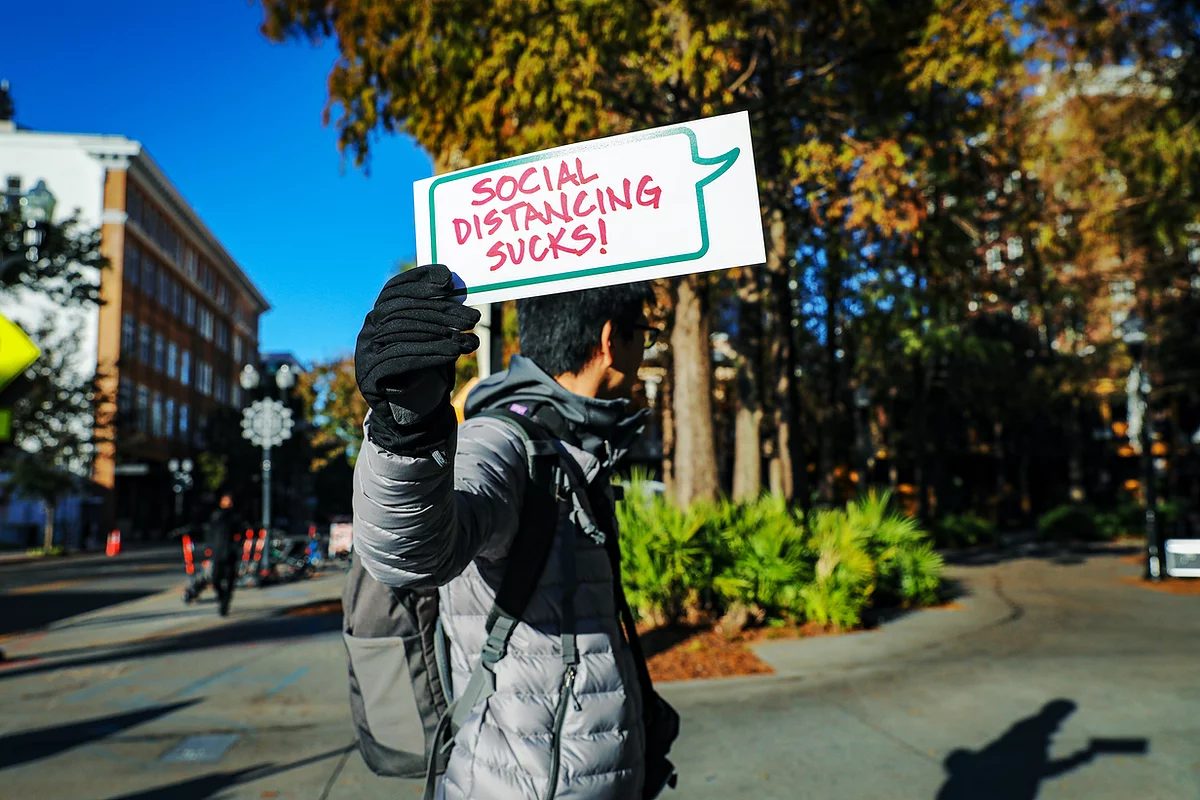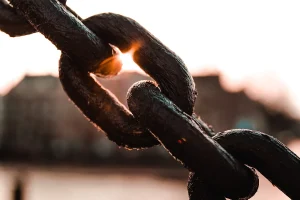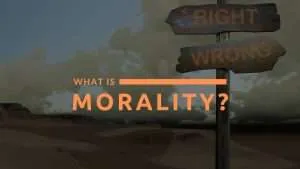Have you stopped to wonder what has changed in society as a result of global pandemics? Was social change so atypical when those epidemics occurred? Has it ever happened that a government of a country or a state shut down the economy without engendering outcry from The United Nation (UN), foreign government and right groups who are concerned about repression of human freedom?
The Guardian recorded that the busiest of the global airports then—Hartsfield-Jackson Atlanta International Airport—was nearly shut down. The 2020 solemn Easter Mass was held behind closed doors at St. Peter’s Basilica, Vatican. Likewise, we saw the avoidance of collective prayers during Ramadan in the Islamic Republic. The Insider recorded that most of the busiest of the global train stations in the world were also closed along with Lagos confinement which plays host to one of the biggest bus stops in the world—Oshodi Bus Stop as recorded by Council Foreign Relations.
Background on Recent Global Pandemics
You cannot wake up on a Monday morning and not dress up for school or work unless if inconvenient, but it turned a new outlook also. Think of The Black Death Pandemic; According to a 2020 article from Tim Newman, Covid-19 Is transmitted via respiratory droplets. However, the black death rates were enabled by rodents rather than the movement of humans. Gavi, the Vaccine Alliance also noted that “large response to previous pandemics, relied on hygiene and sanitation measures such as hand washing, but not on lockdown, physical distancing or other measures…” Hardly did an epidemic have a ripple effect on livelihood across the globe. Do you notice the stronger over the weaker?
Was it Covid-19 that denied us access to physical classes, access to workplaces, access to social gatherings and meetings, access to physical markets and even access to human freedom? Whether it be men or women, rich or poor, old or young, pluralistic communities that exercise greater power than communities who had less power were all completely affected. The five basic institutions of life (Family, Education, Governance, Economy and Religion) that bind family members, friends, neighbors, co-workers and the world were entirely shaken by Covid-19.
Social Distancing as Social Change
However, some of us consider social distancing preventive measures to have affected livelihood more than the Covid-19 virus itself. The world is connected and like others of my generation we have grown up with color television, instant communication through cell phones, social media, game applications and numerous others, yet there are times you see us in uniforms, other times in sportswear and at times in Gucci designer wears; and the outfits depict where one is heading to.
For instance, being in a school uniform tells that it is time for school; being in sport wear tells that one is off to a gym; and on designer wear tells that it is time to go to a cinema, have launch outside the home, or visit a friend just as adults do attend outings or visit each other. Of what significance is socializing and what happens without it?
Sociology of Global Pandemics and Social Change
If you are one of those who cherishes sociology like a vicious honey, this question might completely engross you. Engineers, biologists, pharmacists, and laboratory scientists do not consider socialization very much; but we minor (perhaps I’m one) and major sociologists find it to be an Interesting topic.
Those who are familiar with the works of Ursula Şchiopu will recall his words that “people live side by side with each other as human individuals and not as simple objects, and society does not appear as a mere sum of the individuals that make it up, but as an organic whole of the individual component.” Of course, Şchiopu is not the only one who talked about this concept. In 2019, Professor Pescaru Maria explained that “socializing means broadly transforming an individual into a social being, instilling gradually different ways of thinking, feeling and then acting.
All these things are accomplished through a psychosocial process of transmission, but also by assimilating attitudes, values, concepts or models specific to a group or community, for the formation, adaptation and social integration of a person.” She added that “the human being has since birth the need of communication in one way or another and by its essence, man is a social being. Its existence is only possible in a social environment, in cohabitation with other peers.”
Adjusting to Social Change
As you can see, sociology has clear cut answers to the question. Social distancing preventive measures struck one of the most important aspects of our nature as humans—our social nature, as discussed by a political economist, Kingsley Moghalu in 2021. As humans, it is always hard to get things off our chests while alone and without having an open (physical) conversation.
Each time we visit a friend wailing or emotionally aroused seeing life as a complete ugly place to live in which does not stimulate the growth of our creative minds, we advise and encourage them. Most times, we walked down the street of the destitute, saw how they begged, the condition of their living and gave them an alm. It communicates indirectly that the world is still a cozy place to live in.
As I have indicated earlier, adjusting to life at home alone can be challenging for such people who are depressed because of some unfavourable circumstances that befell them. The deprivation of openness about personal feelings resulted in high numbers of mental health challenges and suicide attempts, and rising addiction rates. The World Health Organization (WHO) stated clearly “the availability and quality of data on suicide and suicide attempts is poor. Only some 80 Member States have good-quality vital registration data that can be used directly to estimate suicide rates.”
Related Notes from Emile Durkheim and Suicide
Durkheim’s theory of suicide is the main recapitulation sociologists use to make sense of human suicidality, and so I too will use the noumenon as an outward appearance to judge the restriction on social intercourse. According to Durkheim’s Suicide, “anomie is the temporary condition of social deregulation, and anomic suicide is the resulting type of self-inflicted death; but in one sphere of life, anomie is not a temporary disruption but rather a chrome state.”
Under this type, suicide could also be committed by dint of psychotherapy and psychiatry. A state of mind producing serious, long term lowering of enjoyment of life or inability to visualize a happy future following a contusion on emotions and affections. Émile Durkheim conceptualized four types of suicide, including altruistic, egoistic, anomic and fatalistic suicide. However, the current analysis examine Durkheim’s anomic type of suicide which can be abrogated by effective socialization.
I also represent this with a special symbol mathematically: (Physical Interaction + Physical Familiarization) PI1 + PF2 = Homogeneous Socialization. In a society where these two dimensional forces; physical interaction and physical familiarization is being mobilized, the members stand a good chance of building a supportive and open relationship among each other; but any society were any of these is lacking, there is bound to exist mistrust, phobia, derns and socio-disdain.
Final Considerations on Global Pandemics and Social Change
The repercussions of the social distancing preventive measure are vast in words. The world as a piazza of volunteerism which is only retained by scenes of vivacity labelling it as a worthwhile experience, wavered all and sundry by dint of the measure. From closures to detachment and addictions and suicide. Indubitably, it jettisoned lives, dreams, and the hope of a better future. It is a preferential misplacement and should rather be refrained as the world keeps on.







